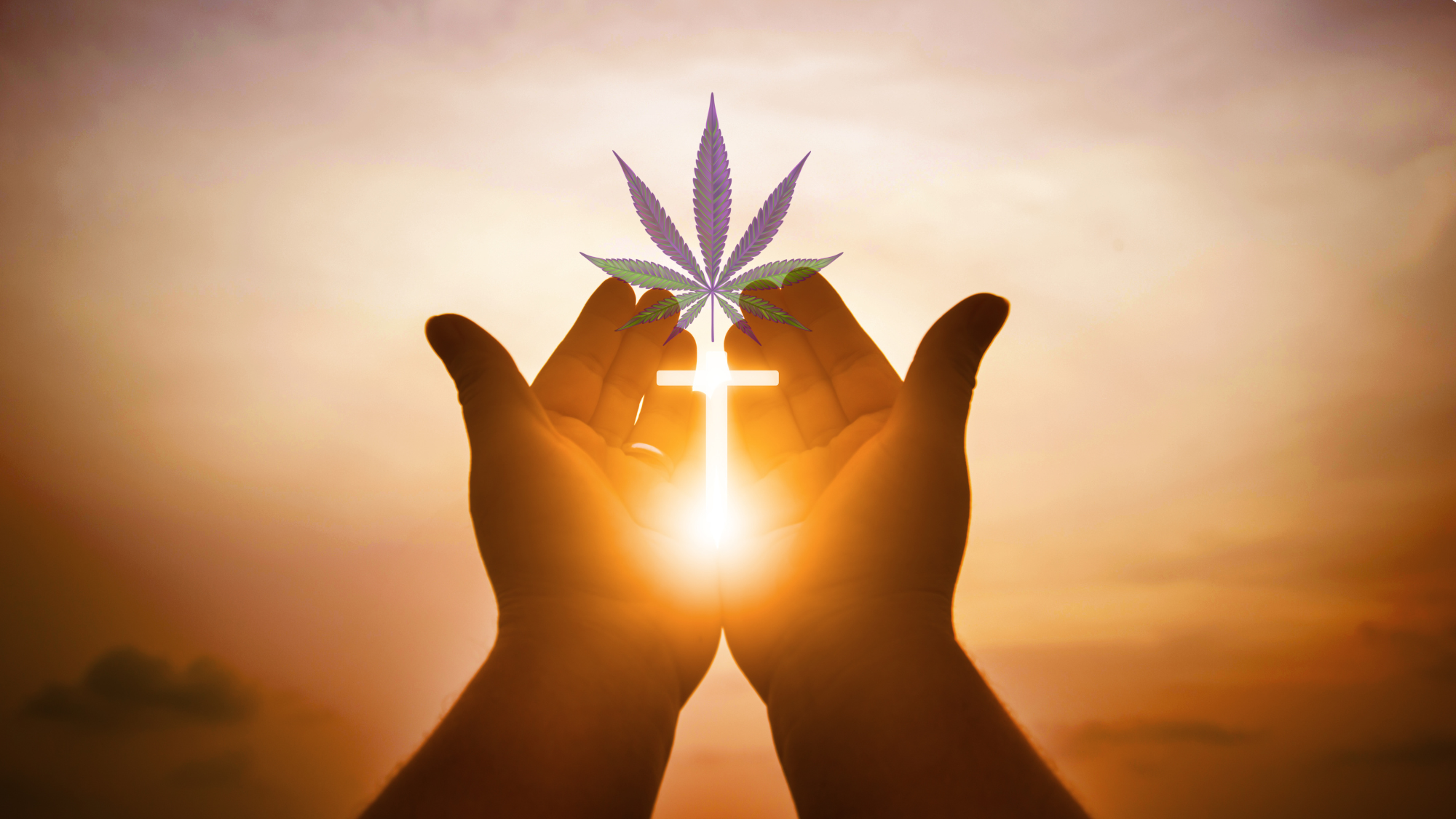
The History of Cannabis
Let’s start with delving into the history of cannabis. The history starts with scripture though there is no specific mention of cannabis or marijuana in the Bible. These scriptures are all inclusive!
Genesis 1:11
CSB: Then God said, “Let the earth produce vegetation: seed-bearing plants and fruit trees on the earth bearing fruit with seed in it according to their kinds.” And it was so.
CEB: God said, “Let the earth grow plant life: plants yielding seeds and fruit trees bearing fruit with seeds inside it, each according to its kind throughout the earth. “ And that’s what happened
Genesis 1:29
CSB: God also said, “Look, I have given you every seed-bearing plant on the surface of the entire earth and every tree whose fruit contains see. This will be food for you”.
CEB: Then God said, “I now give to you all the plants on the earth that yield seeds and all the trees whose fruit produces its seeds within it. These will be your food.”
It’s pretty clear that God meant for us to use cannabis and it’s seeds for “food”.
CSB = Christian Standard Bible
CEB = Common English Bible
Obviously this plant was part of God’s creation and has a benefit for us or he wouldn’t have created it. Nothing He has created lacks value! There is documented history of this plant and its uses that goes back in history as far as 27.8 million years ago. This was in the Tibetan Plateau in Central Asia. It diverged from Humulus (hops) and was considered food to the people of that region.
10,200 years ago in the Japan region, cannabis was used and traded and that fact is supported by the discovery of dried cannabis seed specimens found in a clay jar on the island of Okinoshima.
The Emperor Shen Nung who reigned 4700 years ago in ancient China touted cannabis as an important herbal remedy. The first Chinese pharmacopeia sited over 100 medical conditions for which cannabis was useful.
For centuries, cannabis was a helpful herb used medicinally. In 1838 William O’Shaughnessy, a physician who worked in India, published his experiments with the plant. It was used as both medicine and as an inebriant. It was usually consumed orally and rarely smoked. They used ground cannabis called bhang in a drink of milk and spices.
Studies of the plant and its many uses continued in Europe and eventually led to America where an editorial published in New York in 1895 underscored the safety of cannabis as a medicine. This can be found in the Medical and Surgical Reporter where it states “there had never been a poisoning attributable to the use of medicinal cannabis”.
In the late 1800’s and early 1900’s, get this……pharmaceutical companies marketed cannabis products. Companies including Merck, Bristol-Myers Squibb, Parke-Davis and Eli Lilly. Even back then physicians noted the effectiveness of using cannabis to reduce opiate use and to treat opiate withdrawal. (Clendinning, J. (1843) Medico-Chirurgical Transactions 26,188 & Mattison, J. (1891). Indian Medical Gazette ,26 (3), 65
The demise of cannabis’ reputation came in 1910 after the Mexican Revolution when it was called “marihuana” and prohibition happened in 1920. People of that time were used to “hemp” or “cannabis” because it was grown for fiber and was available in pharmacies. In fact, hemp farmers were given tax breaks if they grew hemp and fined if they didn’t. But the media began to throw around the term “marihuana” and associated that with the Mexicans who were touted as disruptive people with dangerous native behaviors that people were confused and didn’t even know the same crop they were growing was the same “marihuana” the Mexicans used.
In 1937 the “Marihuana Tax Act” was passed even after Dr William C Woodward, legislative counsel of the American Medical Association, opposed this legislation.
In 1943 all medical products derived from cannabis were removed from the US Pharmacopeia and physicians were no longer allowed to prescribe it.
Research of the plant continued in the US as scientists began to discover other compounds in the plant that are medically beneficial. The 1937 tax act was overturned in 1969 after it was declared unconstitutional but that was quickly replaced in 1970 with the Controlled Substances Act. The purpose of this act was to provide a scheduling system for illicit substances. Cannabis was scheduled as a “I” (one) which means there is absolutely no therapeutic value in the plant and it is a dangerous substance.
In 1976 a federal judge ruled in favor of Robert C. Randall, a patient with glaucoma who through several law suits over the excessive criminal status of cannabis resulted in the establishment of the Compassionate Investigations New Drug Program of the US FDA. This allowed about 15 patients access to cannabis that was grown at the University of Mississippi.
That program was closed in 1992 but in 2002 Ethan Russo, MD studied and published the first report on the long-term effects of cannabis on 4 of 7 surviving patients from the program. They noted a clinical effectiveness in glaucoma, chronic musculoskeletal pain, spasm, nausea and spasticity of multiple sclerosis. Two of those patients had mild changes in pulmonary function and all used pharmaceuticals sparingly.
To date, cannabis is still Schedule I and considered non-therapeutic except that medical cannabis as of 2019 has been legalized in 35 countries and 37 states. CBD became more widespread in 2018 after legalization of the farm bill. There have been a couple of pharmaceuticals that are composed of THC and CBD and used for control of seizures and spasticity, one called nabiximols. Epidolex was approved in 2018 for the treatment of Lennox-Gastaut syndrome and Dravet syndrome in patients over 2 years old.
When my kids were little in the 80’s and 90’s there was a big push in the schools “to just say no to drugs”through the D.A.R.E. campaign. Cannabis was considered a “gateway drug” and the “devils lettuce” and “doper’s delight”. As a result of this, thousands of people have been arrested for using a plant, a harmless herb, that God gave us at the beginning of time for our medicine.
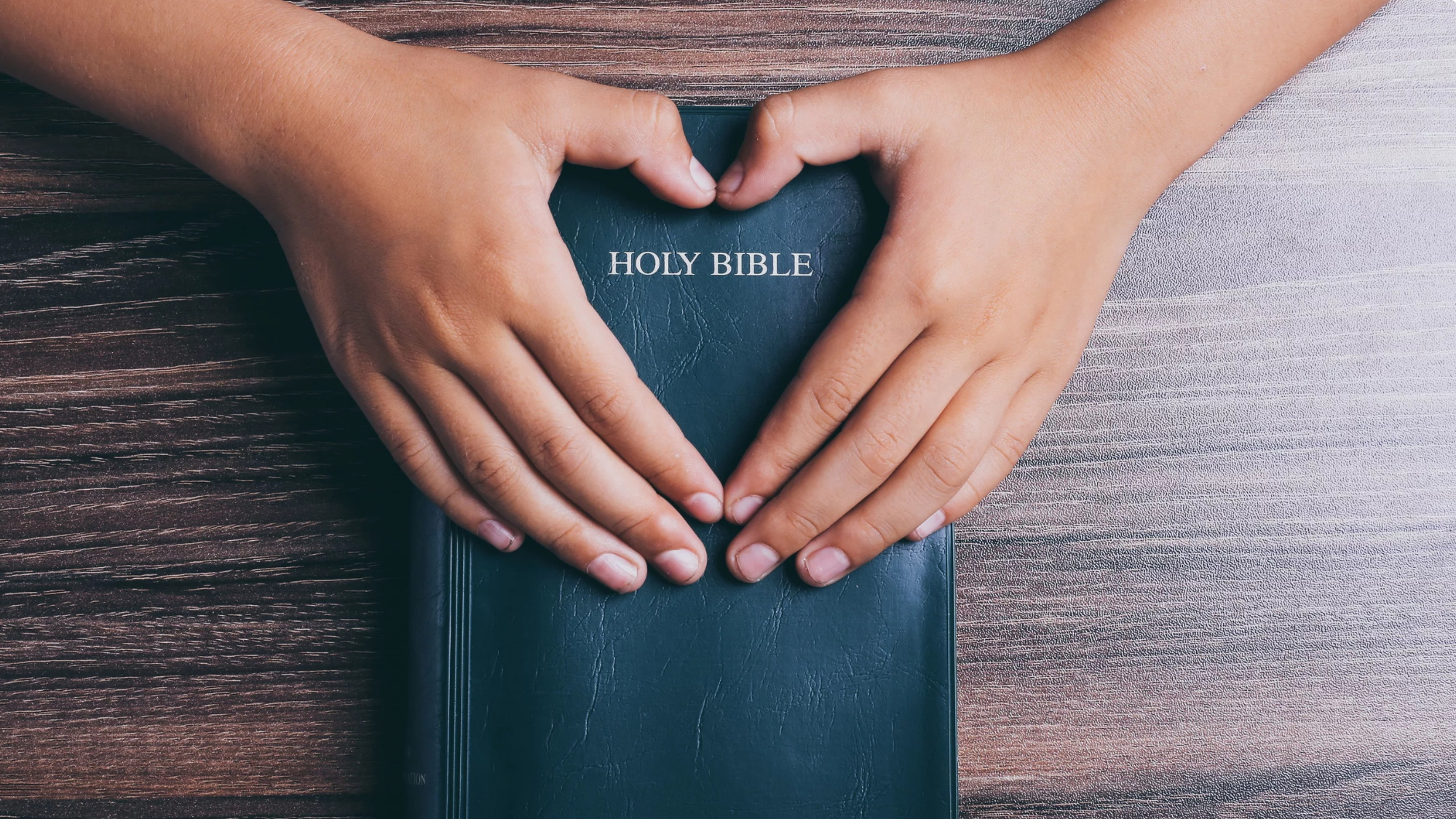
Why would the church be against the use of Cannabis?
Many church leaders believe if you use cannabis to get high it is as bad as alcohol or illicit drugs. I truly believe this is the biggest argument. We aren’t supposed to alter our thinking with substances yet how many people do just that when they use Xanax or Ativan or klonopin? Or they have to take medications that are chemicals in order to decrease depression?
CSB: And don’t get drunk with wine, which leads to reckless living, but be filled by the Spirit: Eph 5:18
I agree that using any substance that leads to decreased awareness, lack of control, speech involvement like slurred speech, rambling, being annoying or mean is not good behavior. Those symptoms are usually dominant in overuse of alcohol not so much cannabis.
One argument is that putting harmful things (if cannabis is used correctly, is it harmful?) in the body is sin. That being said the Standard American Diet could be considered sin because it consists of highly processed foods that can lead to the formation of cancer. Soda can damage kidney and liver. OTC meds alone like Tylenol and Advil can lead to stomach ulcers, liver disease and kidney failure. Many of the pharmaceuticals prescribed today have a laundry list a mile long of side effects and adverse reactions. Do you notice the drug commercials give all these warnings about the drugs? I don’t want to try any of those!!! It’s scary!!
Another argument is the word Pharmakeia. This is the word we get the modern Pharmacy from. The true definition of Pharmakeia found in Strong’s Concordance #5331 is - the use of medicine, drugs, spells, magic, sorcery, enchantment.
The consensus is that the act of using drugs or medicine is used to perform sorcery or magic which is not the way cannabis is used.

How can followers of Christ, justify using cannabis?
So many people struggle with anxiety and depression that has gotten so much worse since the pandemic. Providers are writing thousands of prescriptions for antidepressants and anti-anxiety medications. The opioid crisis has gotten so out of hand that hundreds die daily from opioid overdoses.
Where does cannabis and its compounds fit in? God designed our body with a system that responds to the compounds in CBD and cannabis. It’s called the Endocannabinoid system (ECS). This was discovered in the early 1990’s and research is continuing daily about this system and how it works with CBD and cannabis. We have receptors in the body as part of the ECS that are activated when CBD or cannabis are used. We make our own endocannabinoids on demand that are structurally similar to CBD and cannabis. That information alone should cause you to sit back and take notice. God, our heavenly creator, designed us to be able to use this plant for our health and wellbeing.
The problem that most Christians claim is that people that use cannabis are “stoners” or “losers” or “druggies”. This concept is a given due to the stigma of the plant for the last 80+ years. Many people do overuse the plant. They smoke too much for too long and it can sometimes have a rebound effect on the body resulting in worsening mood disorders or really high tolerance or it can cause endocannabinoid dysfunction. These are all valid points which lead me to the way I advise using cannabis. There is a scripture found in
Gal 5:13 For you were called to be free (or have liberty), brothers and sisters: only don’t use this freedom (liberty) as an opportunity for the flesh, but serve one another through love.
Cannabis can be used to satisfy the flesh as can wine and alcohol. You can use too much and experience undesirable effects like anxiety, paranoia, headaches, etc. Using it to get stoned all day is abusing your liberty to satisfy your flesh. But, if you are using the plant to address health issues such as anxiety, depression, inflammation, insomnia, immunity, hot flashes, cancer then it is being used in accordance with Gods command that we use the “seed bearing plants” he has given us.
Another scripture to enforce using it carefully is found in
1 Corinthians 10:23; Everything is permissible, but not everything builds up or edifies.
If you abuse your liberty and use cannabis in excess, it is not beneficial or edifying.
We are admonished to practice “self-control” as found in Gal 5:22-26. That can be applied to all things not just cannabis. Habits like food over indulgence, watching too much tv, playing too many video games, over exercising, over spending, not following the rules in your household or work place could be areas of overindulgence. These are examples of where we should practice self-control.
Another concept to consider is being “sober-minded”. What does this actually mean? Paul coined this scripture in
Titus 2:6-8 Likewise, exhort the young men to be sober-minded, in all things showing yourself to be a pattern of good works; in doctrine showing integrity, reverence incorruptibility, sound speech that cannot be condemned that one who is an opponent may be ashamed, having nothing evil to say of you.
I believe the point is to live a life of self-control avoiding overindulgence in any substances from cannabis to alcohol to mood altering medications. Practicing self-control is honorable.

The benefits of cannabis for Christians
Christians have long been hesitant to embrace cannabis, due to its association with recreational drug use. However, an increasing number of folks in the church community are beginning to see the plant as a source of healing and wellness. CBD, or cannabidiol, is the non-intoxicating compound found in cannabis and has been shown to provide relief from a wide variety of ailments, THC also has many health benefits including:
- pain - THC activates pathways in the CNS (central nervous system) that block pain signaling to the brain
- anxiety/depression - CBD enhances serotonergic and glutamate signaling through 5HT1A receptors and you don’t experience the psychoactive effects of THC when using CBD
- inflammation -THC is showing through research to reduce immune compounds such as cytokine and chemokines which trigger inflammation
- sleep aid - research is proving that using CBD/THC can lessen sleep interruptions
- antibacterial - the plant produces pathogens that protect it from bacteria and researchers are demonstrating that mice fed dietary THC have shown a + change in gut microbes
- anti-oxidant- CBD is best for this as it protects from harmful UV rays, helping in anti-aging and stress related damage
I listened to a podcast where a man had been diagnosed with stage 4 pancreatic cancer. That is usually a death sentence. He went through a couple rounds of chemotherapy but the side effects were too intense so he stopped that and turned to THC. He was using a gram of THC via suppository 2 times a day and he is in remission. When applied this route you won’t experience the psychoactive effects of THC. That podcast was Cannabis Health Podcast on Spotify episode 346.
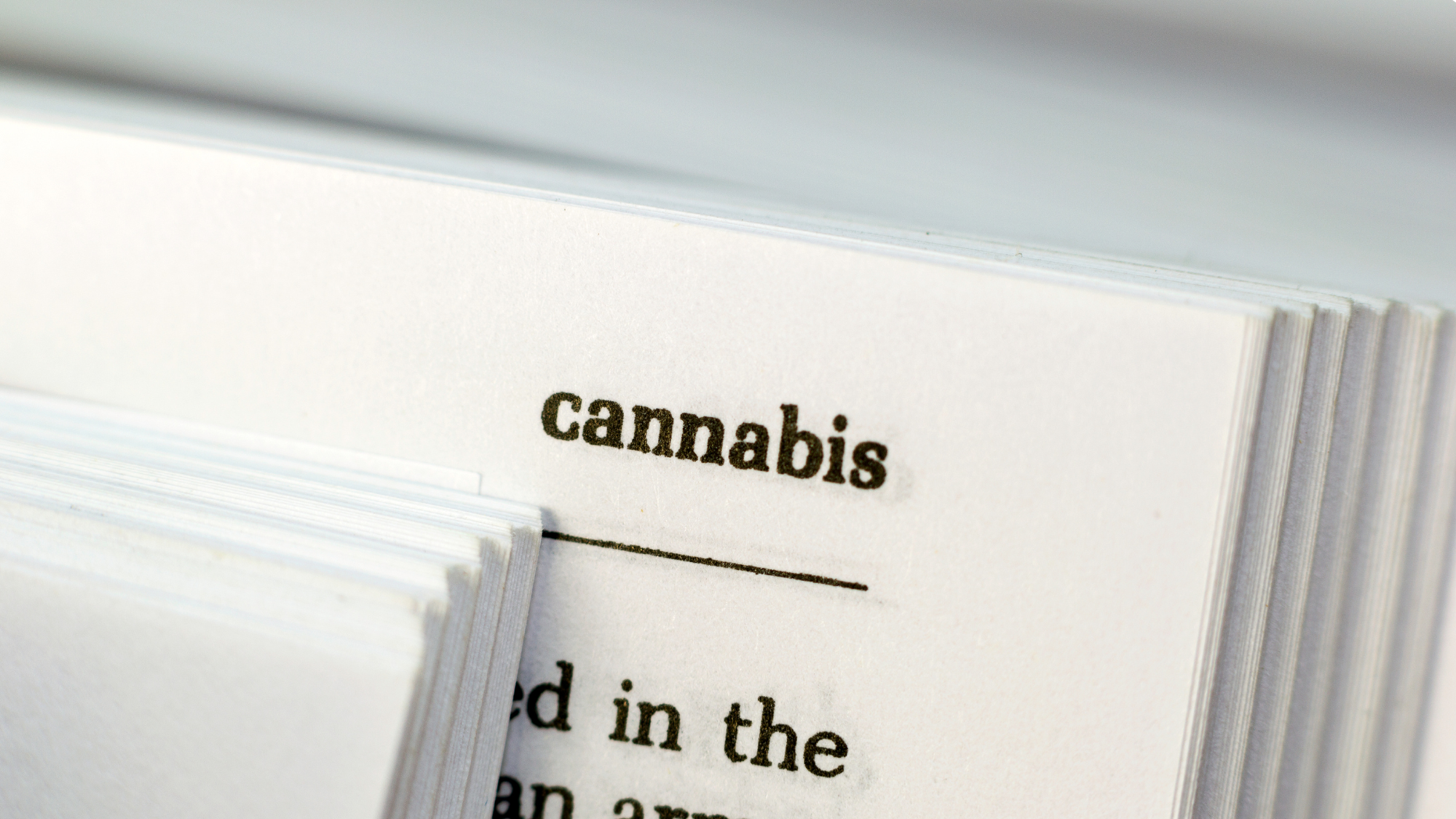
The risks of using cannabis as a Christian from a Spiritual lens
Another topic to consider is the idea that if you use cannabis you become a stumbling block to your fellow Christian or to the unbeliever. I can remember my Mom liked to sip on a glass of wine now and then, but she would always say, I don’t want to be a stumbling block to my friends or unbelievers if they see me drinking wine. So she would drink it in the safety of our home when she got older. Just a small glass!!
1 Corinthians 8:9-13 Paul is speaking to the Corinthians and telling them that the meat that used to be offered to idols was now ok to eat after the death of Christ because His death freed us from the law that said don’t eat that meat! This scripture is the one most church leaders quote when admonishing Christians to not drink alcohol. Of course, it is referenced in the case of cannabis as well. The problem is it should be referenced in the setting of too much tv, gluttonous food intake, too much social media - saying controversial things on social media and the list could go on and on. I personally believe that everything should be done in moderation. So drinking a glass of wine with dinner is not a stumbling block where drinking a bottle of wine ending in drunkenness is a stumbling block. Using cannabis daily to get high could very well be a stumbling block to unbelievers and, or course, ridicule and judgement from Christians. But using microdoses of CBD/THC should never be a stumbling block because it is medicine not a vice.
This topic is very near and dear to my heart. I love Jesus with my entire being. He has changed my life for the better in so many ways. When I began using cannabis as medicine in 2021, I worried that I was going against Him and dishonoring Him, but I have never felt convicted and He has not shut the door on this journey of mine to break the stigma of the plant. I got my certification as a cannabis coach and educator to help you navigate the many facets of using cannabis as medicine. If you would like me to hold your hand and guide you toward that sweet spot then Click the link to book an appointment!
Break the Stigma!!
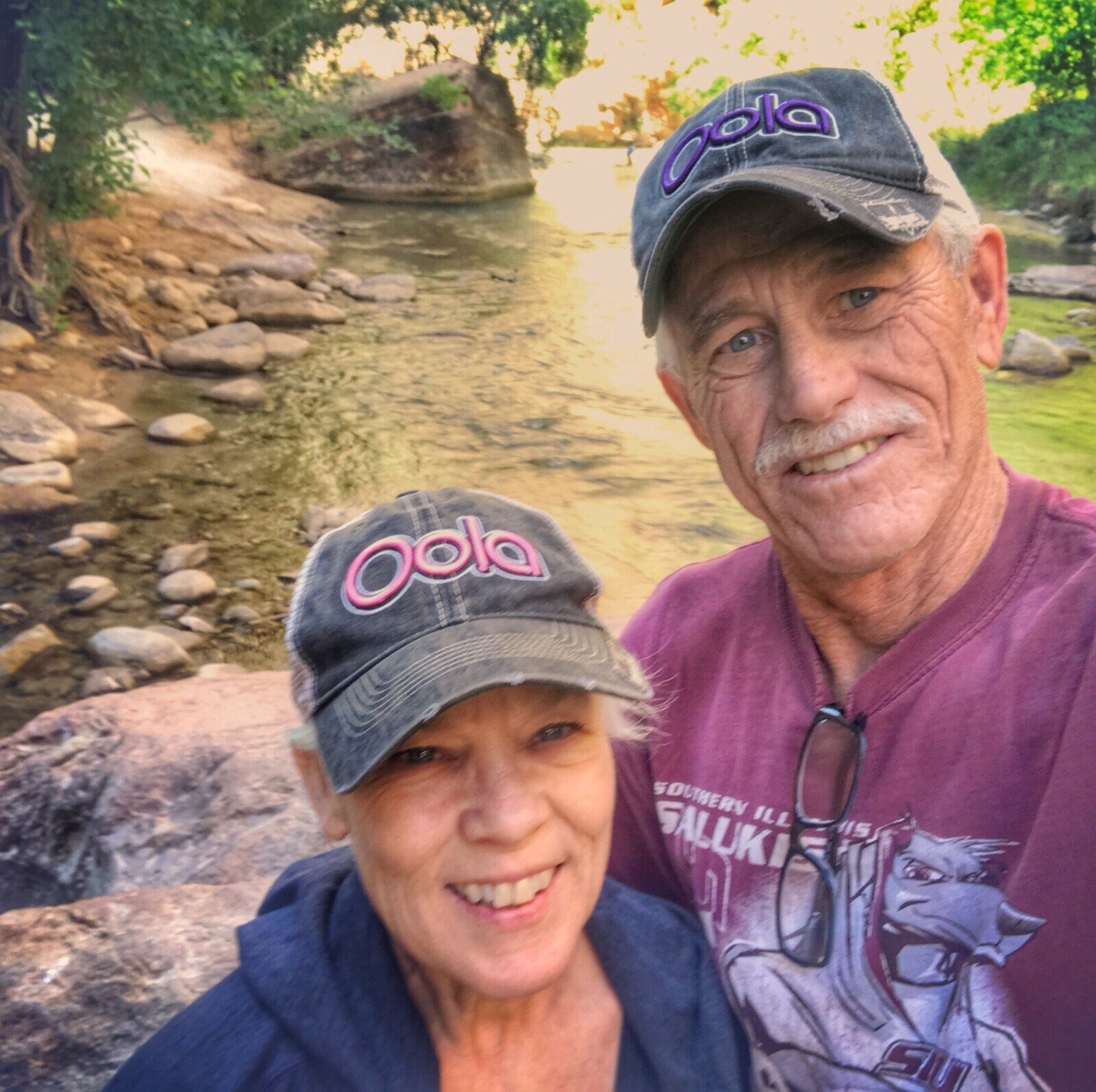
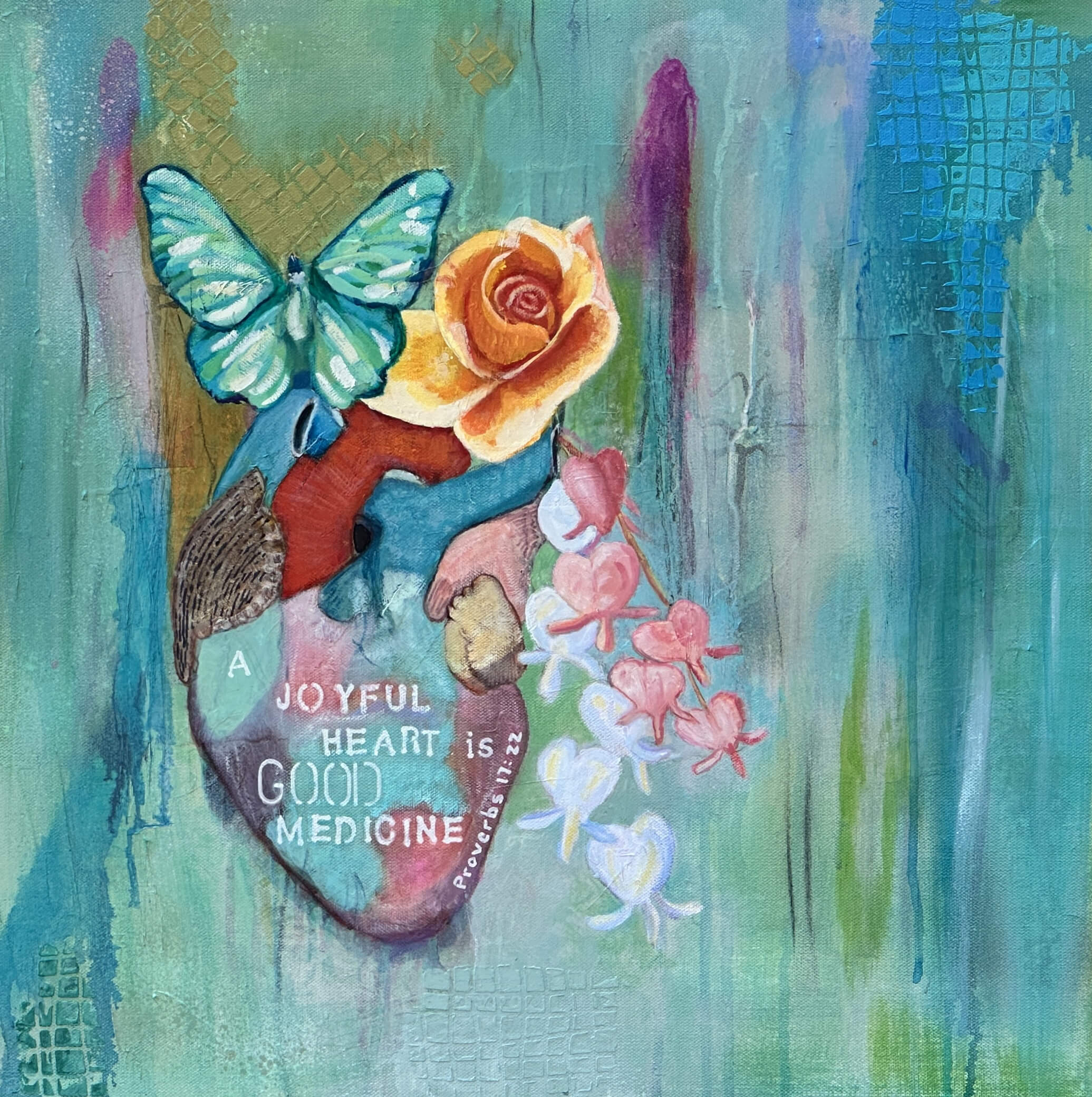




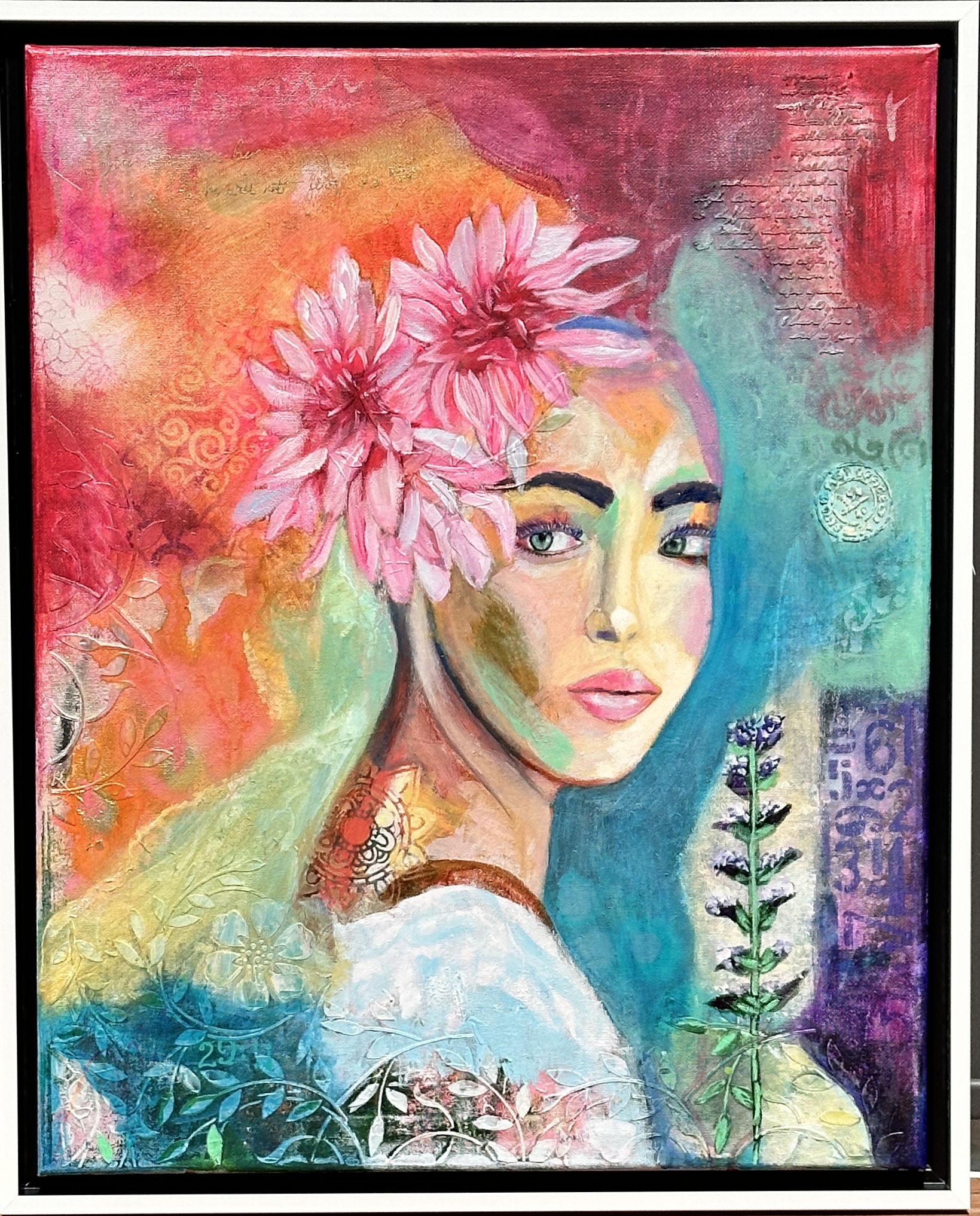
0 Comments